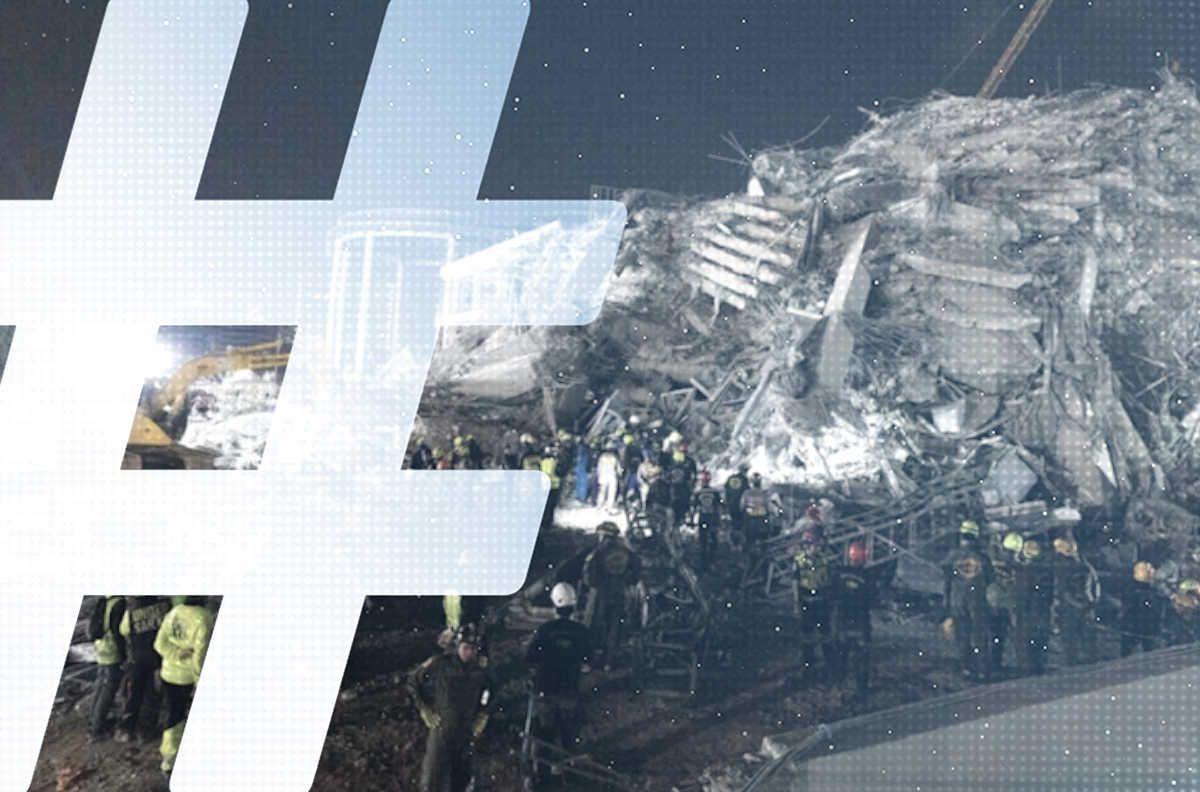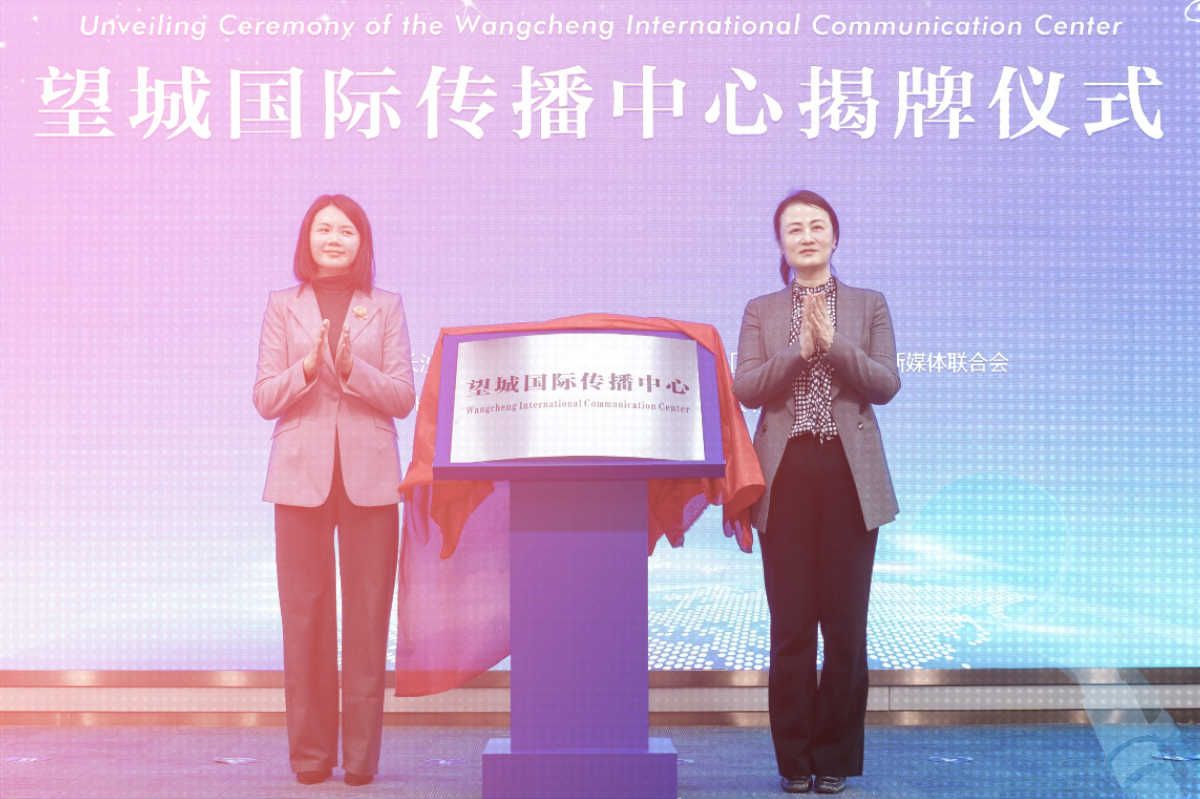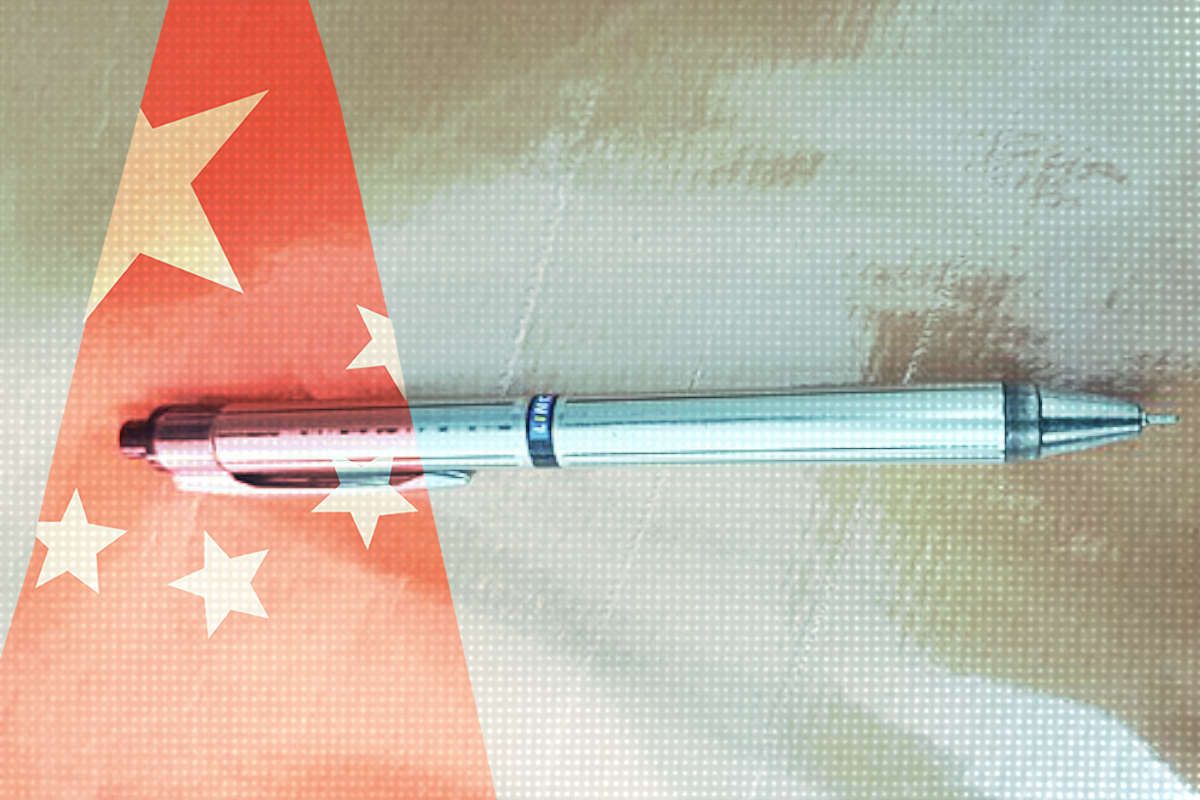Headlines and Hashtags
We must know more about the Shanxi vaccine scandal
A report by veteran investigative reporter Wang Keqin published last week in China Economic Times has sent ripples through China’s media and sparked widespread public concern. The result of months of hard-nosed reporting, Wang Keqin’s report exposes how vaccines that had been improperly stored and distributed throughout Shanxi Province resulted in the death of several children and seriously injured many others.
Vaccines are bio-products that have to be handled with extreme care, and the entire distribution process, from manufacture to injection, requires cold transport and storage. But beginning in 2006, the Shanxi Center for Disease Control entrusted vaccine manufacture and distribution throughout the province to a businessman who claims that his enterprise was “a sub-unit of the Ministry of Health.”
According to Wang Keqin’s investigation, this businessman paid 3.8 million yuan to the Center for Disease Control in exchange for exclusive rights to the sale and distribution of vaccines in Shanxi Province. Fixing the market with the blessing of a provincial government body, this enterprise was able to draw in an estimated 120 million yuan over two years.
It was also during this time that many vaccine stocks in Shanxi were damaged by heat exposure. Vaccines that were harmful and should have been immediately destroyed were instead administered to children throughout the province.
The facts revealed in Wang Keqin’s article point to extreme carelessness and negligence on the part of the company involved in this scandal. One eyewitness remarked that in 2006 and 2007, the owner of the company in question instructed employees to move vaccine stocks from cold storage to another room so that they could be labeled with stickers advertising the vaccines as products approved by provincial authorities – the stickers apparently would not adhere while the boxes were in cold storage.
“It was summer, and everyone was wearing shorts, but still as usual they were working every day in the sweltering lobby to stick labels [on the vaccines],” the eyewitness said.
A driver interviewed for Wang Keqin’s story said that at the time “the refrigeration was broken for the storage truck used to deliver vaccines all over the province, and it was never fixed. When we were out on trips, especially in the summer, [the truck] became a stifling hot tank.”
In 2007, the newspaper China Youth Daily exposed the problem of monopoly control of Shanxi’s vaccine market, pointing to unsavory deal making between the company and provincial health officials. But news stories at the time never went deeper into the possible consequences.
As vaccine stocks damaged through heat exposure were not recalled, children in Shanxi were being administered with these potentially harmful vaccines up to the end of 2008.
Wang Keqin’s investigative report comprehensively documents the awful effects of the vaccines, and the report has caused widespread concern and outrage.
A Web user in Shanxi fumed:
Playing games with the lives of children, using the lives of children for filthy profiteering — this scandal is every bit as big as the Sanlu milk powder scandal [of 2008!
Another wrote:
If a society, for the sake of personal gain, cannot even spare its own young generation, can such a society possibly have a future?
The well-known blogger Wu Yue San Ren struck a nerve when he wrote that “this was a deadly business done right under the noses of power.”
Wang Keqin is well regarded in China as a corruption reporter. We have hosted him twice here at the University of Hong Kong twice as a China Media Project fellow.
It was back in 2002 that China Economic Times ran Wang Keqin’s 30,000-character report on corruption in Beijing’s taxi industry. The report, which covered five pages in the paper, made quite a stir in professional journalism circles in China, and it defined a flurry of watchdog activity that followed.
Thanks to the tireless work of Wang Keqin and other dedicated investigative reporters, watchdog journalism was invigorated between 2002 and 2004. Since 2005, however, special interests in China have worked to strike out against investigative reporting and investigative reporters have borne the brunt of tightening media controls.
This latest report from Wang Keqin quickly brought pressure to bear on Chinese media. Even from Hong Kong I could sense the chill. I first read Wang’s report at the web portal QQ.com at 9:20 am on March 17, where it was featured prominently at the top of the news headlines. Just half an hour later the headline was removed and the report buried deep among run-of-the-mill news stories. At the same time, the government moved to control the agenda. A news release from Xinhua News Agency carried the response from provincial health officials in Shanxi, who denied the allegations in Wang’s report and said “Shanxi Province has never received any report indicating mass adverse reactions as a result of vaccinations.”
Wang Keqin’s report revealed just the tip of the iceberg. He traveled around Shanxi interviewing the families of scores of affected children
But there were limits on how far Wang Keqin could proceed with his investigation without the cooperation of authorities. Health authorities in Shanxi refused to speak to him, saying “interviews require approval from relevant departments.” They told him “take his questions to the Provincial Commission for Discipline Inspection.” When he sought a response from the commission he was told that the “Provincial Commission for Discipline Inspection has no time to receive interviews from reporters.”
Wang then tried to go directly to the division chief at the commission who would have been responsible for looking into possible official misconduct in the vaccine case, but he was again brushed off. “What is it you want to accomplish by looking into this case?” the division chief asked. Wang’s response was, “Watchdog journalism.” “We haven’t finished looking into the case yet,” the division chief said before hanging up.
Reading the full Wang Keqin report, I am left with many questions. Most crucial is the question of the role of China’s Ministry of Health in the whole affair. The negligence of provincial health authorities in Shanxi begs the question of exactly what sort of oversight role of the Ministry of Health was playing.
In November 2008, the Ministry of Health reportedly dispatched an investigative team to Shanxi Province. What were their findings? What persons, companies or agencies did they look into? As to the possible harm done to children by vaccinations, did the Ministry of Health conduct any sort of general survey or census? Did they adopt any emergency measures?
Even more seriously, how is it that this businessman who monopolized the market for vaccine distribution in Shanxi Province manage to use the label “a Ministry of Health enterprise”? Was this man just an ordinary charlatan working on his own? Or was he in cahoots with officials from the Ministry of Health?
At this year’s National People’s Congress Wen Jiabao spoke of “creating the conditions for the people to monitor the government.” The Shanxi vaccine scandal is the first test for the government since the NPC. The China Economic Times report is an act of monitoring of the government in Shanxi and of the national Ministry of Health.
As a government agency whose priority should be protecting the health and safety of the public, I encourage the Ministry of health to make the first move. Health Minister Chen Zhu (陈竺), how will you face the appeals made by the parents of children who were harmed? How will you face the questions raised by the media and the anger of Internet users? Will you, like Hubei Governor Li Hongzhong (李鸿忠), see the media as your enemy, or will you use the strength of public opinion wisely, conducting a thorough investigation of the vaccine incident beginning with your own ministry?
Everyone inside and outside China who cares about the country’s progress is watching closely.
[A version of this article appeared in Chinese at China Reform.]





















